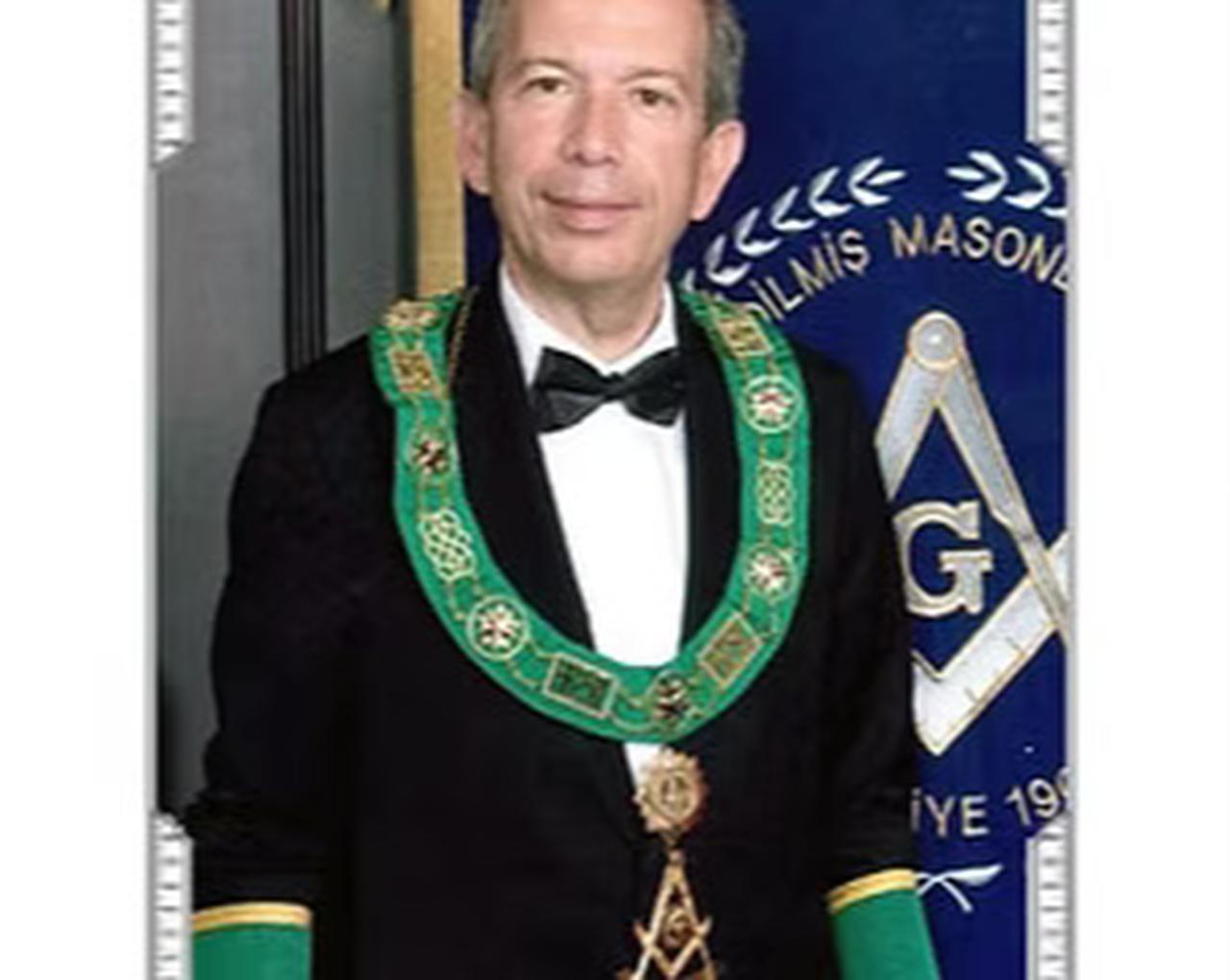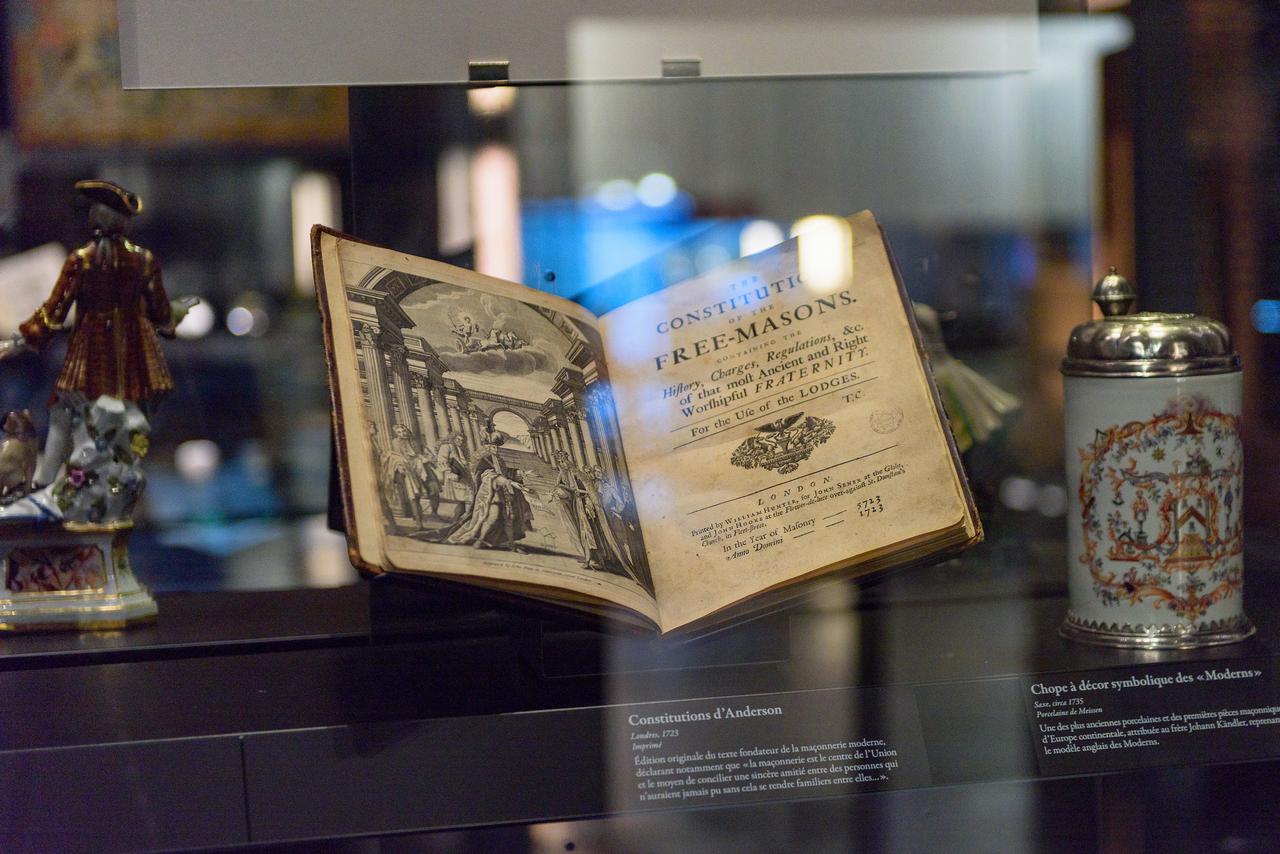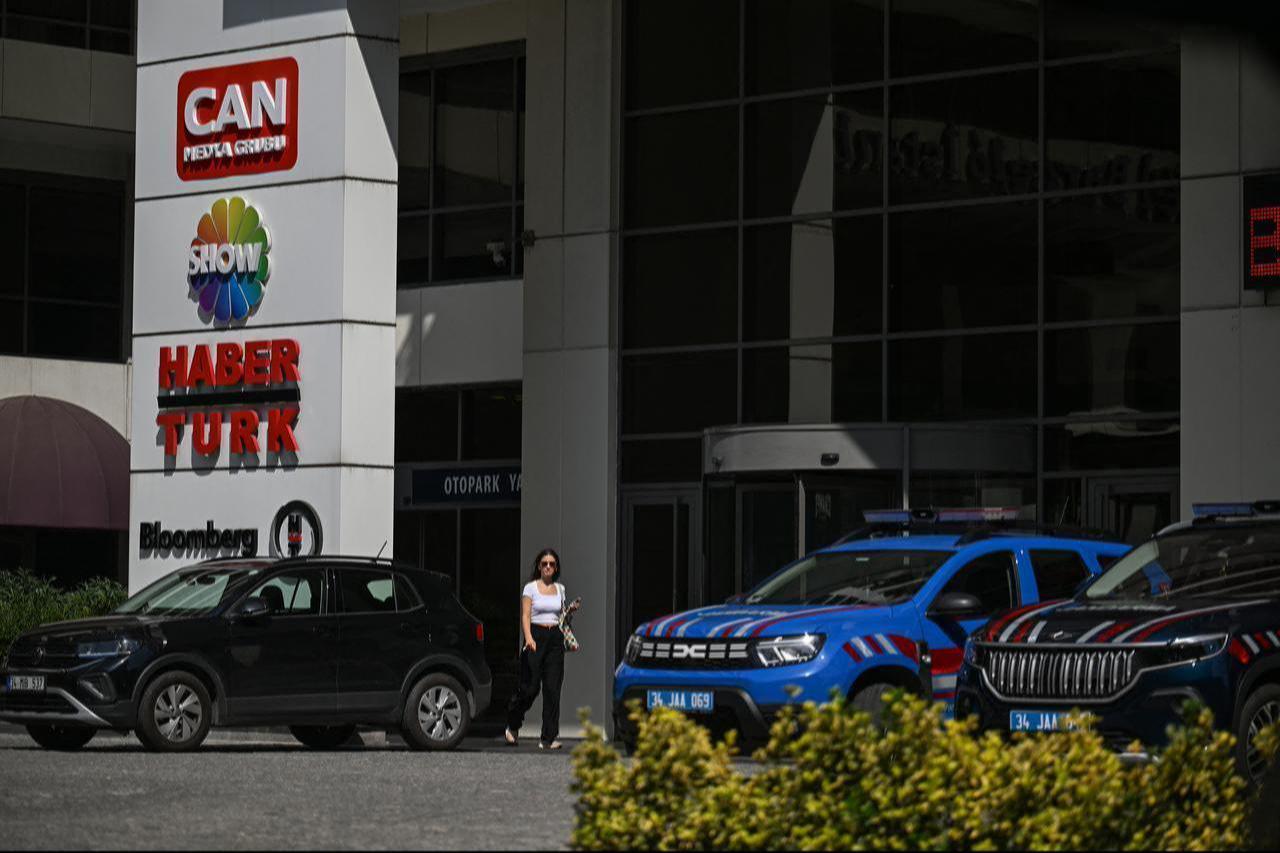
Turkish authorities detained 26 suspects, including Remzi Sanver, "the Grand Master" of the Grand Lodge of Free and Accepted Masons of Türkiye and former rector of Istanbul Bilgi University.
The sweeping operations across four provinces Friday are part of an expanding investigation into Can Holding on charges of money laundering, fraud, and organized crime.
The operations, led by the Istanbul Chief Public Prosecutor’s Office and coordinated by the Istanbul Gendarmerie Command’s Anti-Smuggling and Organized Crime Department (KOM), targeted locations in Istanbul, Mersin, Igdir, and Izmir.
Sanver’s detention drew wide attention due to his prominence as both an academic and public figure. Born in 1980 in Istanbul’s Fatih district, Sanver is a professor of economics and former secretary-general and spokesperson of Galatasaray Sports Club’s board of directors. He served as rector of Istanbul Bilgi University from 2011 to 2015.
His arrest is believed to be linked to alleged financial irregularities during his tenure at Bilgi University, which was later placed under court-appointed trusteeship.

Freemasonry in Türkiye dates back to the early 18th century, when the first lodges were founded by European merchants and diplomats in Ottoman port cities such as Istanbul, Izmir, and Thessaloniki.
Initially composed mostly of foreigners, these lodges later attracted Ottoman reformists and intellectuals who associated Freemasonry with modern education, rationalism, and European progress.
The order faced periodic bans under different sultans, including a major closure in 1748 and again in 1826, when Sultan Mahmud II linked Masonic lodges with the banned Bektashi order.
Key milestones in history of Freemasonry in Türkiye

Modern Turkish Freemasonry is divided between two main branches. The regular Grand Lodge of Türkiye, to which Remzi Sanver belongs, follows the Anglo-Saxon tradition and requires belief in a Supreme Being.
The Liberal Grand Lodge of Türkiye (Ozgur Masonlar Buyuk Locasi), founded after the 1965 split, follows the continental model that allows secular or non-theistic members. The two bodies operate independently and do not recognize each other.
Although it functions legally, Freemasonry continues to face deep public suspicion in Türkiye, often portrayed in conservative and nationalist circles as a secretive or foreign-linked elite.
Over the years, politicians, academics, and business leaders with alleged Masonic ties have faced controversy or conspiracy claims. Against this backdrop, Sanver’s detention drew unusual public attention because of his role as Grand Master and his prominence in both academia and sports administration.

Among other high-profile figures detained were Binsat Holding Chairmen Arafat Bingol and Cengiz Bingol, Can Publishing Holding Chairman Mehmet Kenan Tekdag, and Betul Can and Zuhal Can, wives of Can Holding owners Sakir Can and Murat Can.
Authorities said three suspects remain abroad while six others are fugitives. Searches at company headquarters and private residences yielded digital materials, documents, and financial records.
According to the Kucukcekmece Chief Public Prosecutor’s Office, the investigation alleges that senior executives at Can Holding established a criminal organization to commit “qualified fraud,” “tax evasion,” “money laundering,” and “channeling unidentified income into company accounts.”
The probe, launched following reports by the Financial Crimes Investigation Board (MASAK), claims that large sums of untraceable money were funneled into Can Holding subsidiaries, circulated among shell companies to disguise their origins, and later reintroduced into corporate accounts under Türkiye’s Asset Peace Law (Law No. 7256)—effectively laundering illicit proceeds under the guise of legal investment.
The organization, allegedly led by Kemal Can and Mehmet Sakir Can, is accused of creating multiple overlapping companies to obscure oversight mechanisms. Frequent changes to boards of directors allegedly distributed legal responsibility among members to evade sanctions.
Authorities have seized assets belonging to 121 companies, appointing the Savings Deposit Insurance Fund (TMSF) as trustee. Companies placed under trusteeship include Haberturk Gazetecilik, Ciner Medya TV Hizmetleri, Show TV, Bloomberg HT, HT Spor, Doga Okullari Isletmeciligi, Bilgi Doga Egitim Isletmeciligi, Enerji Petrol Urunleri Pazarlama, and Bosphorus Medya Group.
The case also focuses on an alleged $350 million cash transfer tied to the December 2024 sale of Ciner Group’s media assets—including Show TV, Haberturk, Bloomberg HT, and HT Spor—to Can Holding.
Prosecutors are investigating claims that vast sums of unregistered cash were hand-delivered to banks during the transaction, which was valued at roughly $800 million and approved by Türkiye’s Competition Authority. The deal has since become a focal point of one of Türkiye’s largest financial crime investigations.
MASAK findings suggest that illicit profits derived from tax evasion, smuggling, and qualified fraud were reinvested in strategic sectors such as media, education, finance, and energy to expand the organization’s economic influence and project legitimacy.